Plural Nouns in English
There are many nouns in English. Nouns can either be singular or plural. It is usually easy to create plural nouns in English, but there are some exceptions. In this lesson, you will learn regular plural nouns rules and irregular plural nouns rules. At the end, you can practice with Plural Nouns Worksheets.
Click Here for Step-by-Step Rules, Stories and Exercises to Practice All English Tenses
Singular and plural nouns
An English noun
is a word that names a person, place, or thing.
Examples:
Tim, Lisa, Mexico, New York City, house, dog, cat, chair, boy, girl,
school
A singular noun
(apple, pencil, girl) refers to one person or thing.

A plural noun (apples, pencils, girls) refers to more than one person or thing.

It is usually easy to create plural nouns in English by adding -s to the singular form, but there are some exceptions to keep in mind. In this lesson, you will learn the regular and irregular plural nouns rules.

Plural nouns rules
1. Add -sExamples:
- dog => dogs
- cup => cups
- girl => girls
- television => televisions
- desk => desks
- school => schools
- book => books
- number => numbers
- computer => computers
- chip => chips
- boy => boys
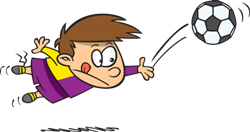
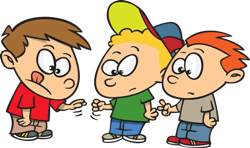
2. Nouns ending in -ch, -s, -sh, -x, or -z
If the noun ends in -ch, -s, -sh, -x, or -z, add -es to form plural
nouns.
Examples:
- beach
=> beaches
- church
=> churches
- class
=> classes
- gas
=> gases
- waltz
=> waltzes
- wish
=> wishes
- box =>
boxes
- fox
=> foxes


3. Nouns ending in -f or -fe
If the noun ends in -f /-fe, change the f / fe to -ves to form plurals.
Examples:
- knife
=> knives
- wolf
=> wolves
- hoof
=> hooves
- wife
=> wives
- self
=> selves
- elf
=> elves
- life
=> lives
- loaf
=> loaves
- half
=> halves
- leaf => leaves

4. Nouns ending in -o
If the noun ends in -o, add -es to form plural nouns.
Examples:
- buffalo => buffaloes
- potato => potatoes
- echo => echoes
- tomato => tomatoes
- hero => heroes
- volcano => volcanoes
5. Nouns ending in y
If a noun ends in a vowel then -y, add -s.
Examples:
- boy
=> boys
- toy
=> toys
- valley
=> valleys
- day => days
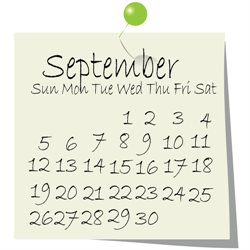
If a noun ends in a consonant then -y, remove -y and add -ies.
Examples:
- baby
=> babies
- bunny
=> bunnies
- pony
=> ponies
- jelly => jellies
- sky => skies
- lady => ladies
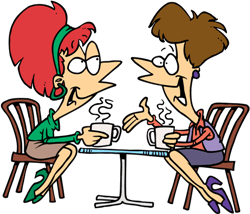
Irregular plural nouns
Some nouns
in English have an irregular plural form. That means that the plural
form does not follow the rules above. It is important to memorize the
most common ones.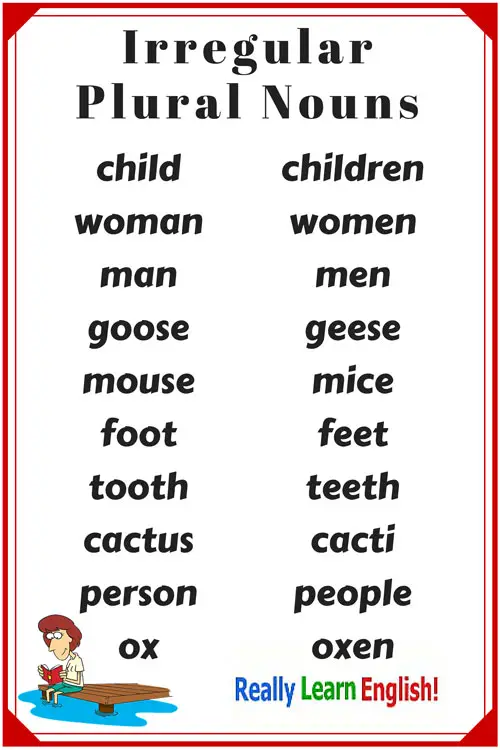
Identical singular and plural forms
Some nouns
in English have the same singular and plural forms. This means that you
don’t add an -s to these words. It is important to memorize these.Examples:
- fish => fish (fishes is correct, but much less common)
- deer => deer (not deers)
- moose => moose (not mooses)
- series => series (not serieses)
- species => species (not specieses)
- aircraft => aircraft (not aircrafts)
- salmon => salmon (not salmons)
- shrimp => shrimp (shrimps is also correct)
- sheep => sheep (not sheeps)
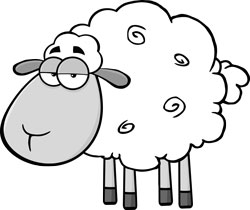
Plural-only nouns
Some nouns
in English do not have a singular form. They are only plural. This
means that we cannot use them as singular nouns. Many of these plural-only nouns are used with the word pair.
Examples:
- clothes
- pajamas
- leftovers
- pants => a pair of pants
- trousers => a pair of trousers
- scissors => a pair of scissors
- glasses => a pair of glasses
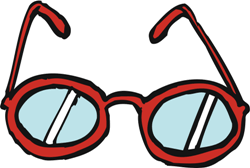
Countable and uncountable nouns
Most nouns
in English are countable
nouns. This means we can
say how many there are of the noun. Examples:
- girl => five girls
- boy => one boy
- fish => ten fish
- dog => three dogs

Some nouns are uncountable nouns. This means that we cannot say how many there are of the noun. These nouns are always singular and are used with a singular verb.
Examples:
- sugar => Sugar is sweet.
- milk => The milk is in the cup.
- coffee => The coffee is fresh.
- money => Money makes me happy.
- food => The food is spicy.
- work => The work is too hard.
- hope => Hope keeps dreams alive.
- water => The water is cold.
- electricity => The electricity is off.
- love => Love is important.
- news => The news was surprising.

Compound nouns
To create the plural form of a compound noun,
the plural ending is usually added to the main noun.Examples:
- sister-in-law => sisters-in-law
- full moon => full moons
- stepsister => stepsisters
- sportsman => sportsmen
- lady-in-waiting => ladies-in-waiting
- toothbrush => toothbrushes
- doctor of philosophy => doctors of philosophy
You can learn more about English compound nouns here: Compound
Nouns (soon to come!)
Collective nouns
Collective nouns are nouns that describe a group, for example: class, family, herd, couple.
There are about
200 collective nouns in English. Some are used as singular nouns, and
some are used as plural nouns. Unfortunately, there are no good rules
for knowing if a collective noun should be used as a singular noun or a
plural noun.
Many collective nouns can be singular
OR plural
depending on how they are used in a sentence.
Here is one way to decide if a collective noun is singular or plural:
Singular collective nouns
When members of the group of a collective noun do things as a group or
team, the collective noun is singular. Use a singular verb.
Examples:
- class => The class is watching a movie. (It is watching a
movie.)
- herd => The herd moves fast. (It moves fast.)
- United States => The United States celebrates Christmas in
December. (It celebrates Christmas in December.)
- family => The family takes a picture. (It takes a
picture.)

Plural collective nouns
When members of the group of a collective noun do things
as individuals, the collective noun is plural. Use a plural verb.
Examples:
- police => The police protect the people. (They protect the
people.)
- people => The people watch the parade. (They watch the
parade.)
- family => My family are always fighting amongst themselves. (They are always fighting amongst themselves.)


In American English, most collective nouns are used as singular nouns.
Of course there are exceptions to this rule. Collective nouns are different in different forms of English.
You can learn more about English collective nouns here: Collective Nouns
Practice
plural noun rules
Get Updates, Special Offers, and English Resources
Download your FREE GIFT (the first two chapters of
English Short Stories Book and Workbook)
as soon as you join!

By submitting your email, you consent to receiving updates and newsletters from us and to the sharing of your personal data with third parties for the purposes of sending you communications. We will not spam you. You can unsubscribe at any time. For more information, please see our privacy policy.





